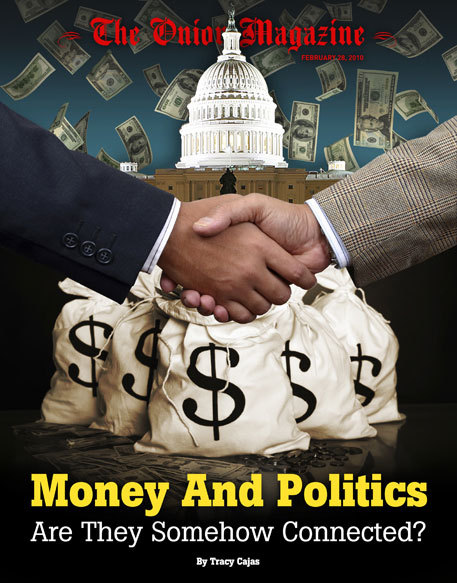Mr. Tea
Let's Talk About Ceps
And on zhao's point about driving an SUV: you can't call people who work in the petrochem industry in developing countries "slaves" without severely debasing what that word actually means, I think. Your average Arab rig jockey may not earn as much as most people in the developed world but that's a long way from being forced to work for nothing by threat of violence. Further, would he be best pleased if the developed world suddenly decided it could do without oil altogether?
Incomes in developing countries generally rise as their economies develop. This happens through selling stuff to more developed countries. This system is clearly not without its flaws but it's definitely not the same thing as the slave-based economies of the old imperial powers.
Incomes in developing countries generally rise as their economies develop. This happens through selling stuff to more developed countries. This system is clearly not without its flaws but it's definitely not the same thing as the slave-based economies of the old imperial powers.

